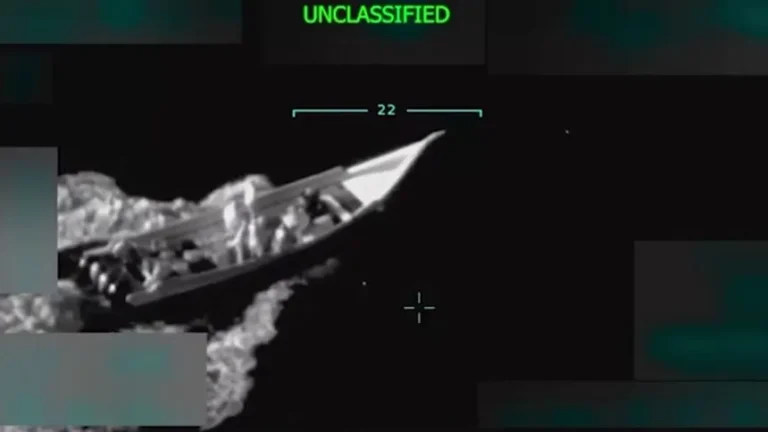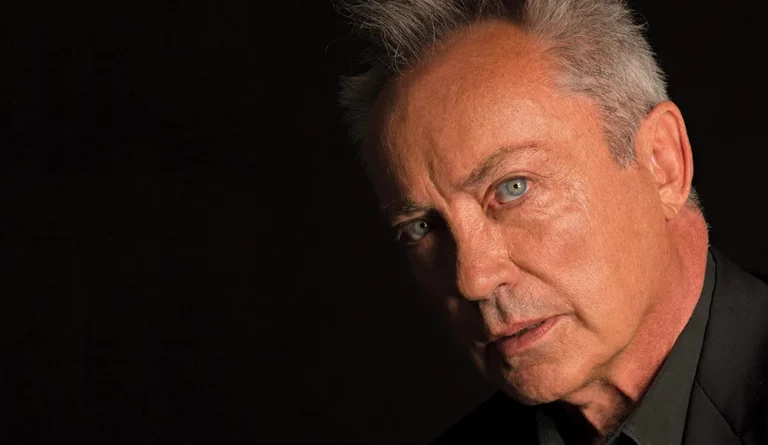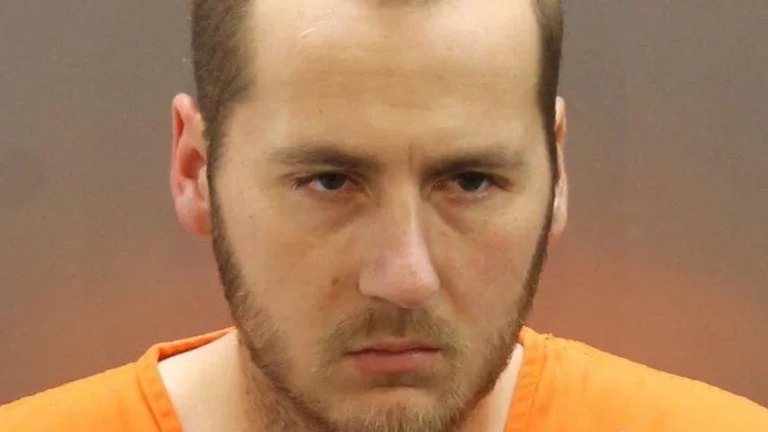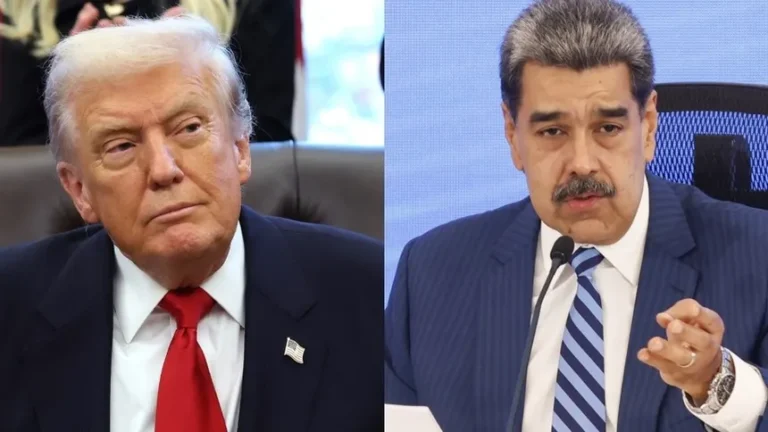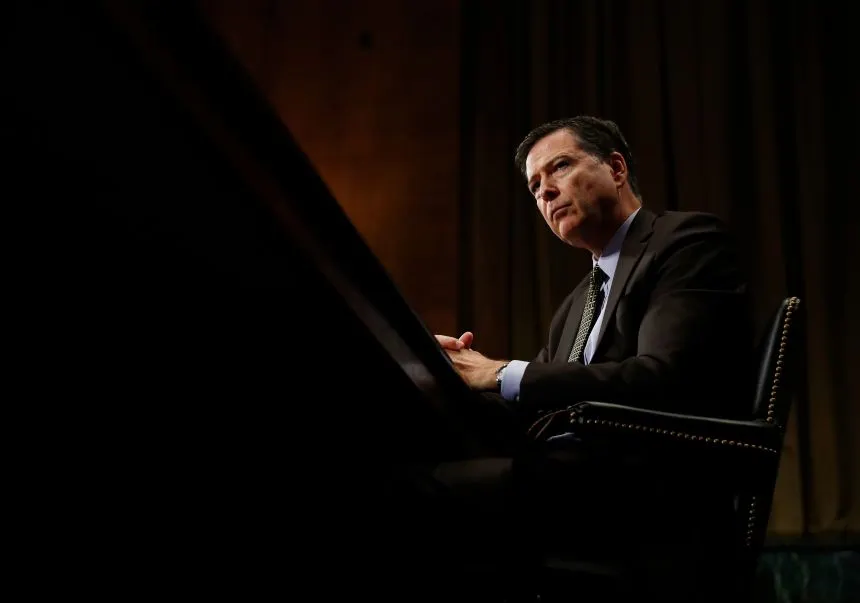
Federal Doubts Emerge Over Comey Indictment as Witness Undermines Case
Former FBI Director James Comey pleaded not guilty this week to federal charges stemming from his 2020 testimony before Congress. However, federal prosecutors have privately raised concerns about the strength of the case, according to individuals familiar with internal Department of Justice (DOJ) assessments.
Prosecutors Warned About Central Witness
Comey is charged with making false statements and obstruction of Congress. But a key witness — Columbia Law Professor Daniel Richman — reportedly provided testimony that directly contradicts the allegations. Investigators had considered using Richman to demonstrate that Comey misled Congress about authorizing leaks to the press.
Richman, a longtime associate of Comey, told federal officials that the former FBI director instructed him not to speak with reporters on multiple occasions. He also stated that Comey never authorized him to anonymously share information with the media during the 2016 election period.
DOJ Memo Recommended Dropping the Case
According to sources familiar with DOJ discussions, a memorandum circulated internally last month advised against pursuing charges, citing the unreliability of key evidence and the risks of presenting a weak case in court. Prosecutors warned that Richman could be considered a hostile witness and that his statements would pose “insurmountable problems” in trial proceedings.
Despite these concerns, U.S. Attorney Lindsey Halligan proceeded with the case, securing two of three charges sought during a grand jury presentation in Alexandria, Virginia. Halligan was appointed to her role following the departure of a previous federal prosecutor who had reportedly been reluctant to target political figures.
Timing, Legal Risks, and Statute of Limitations
The indictment came just days before the statute of limitations expired on Comey’s 2020 testimony. Defense attorneys are expected to challenge the timing, arguing that any legal cutoff should instead relate to earlier 2017 testimony.
Additional internal concerns involved potential delays in identifying and turning over required materials to the defense — a crucial factor if the case proceeds to trial.
Claims of Political Motivation
Comey has denied any wrongdoing and maintains that the charges are politically motivated. The indictment followed recent public pressure from President Donald Trump, who demanded action against Comey and other political figures.
In a post on social media, Trump criticized the DOJ for delays, urging prosecutions of Comey, Senator Adam Schiff, and New York Attorney General Letitia James.
Charges Focus on Alleged Media Leak Authorization
The core allegation is that Comey falsely testified to Congress by claiming he never authorized any individual to share FBI information anonymously. Prosecutors allege he did, in fact, instruct Richman to act as an anonymous source.
However, during a recent interview, Richman told investigators that he never functioned as such a source and had no approval from Comey to leak information. Records reviewed from Comey’s emails reportedly support Richman’s account, with no indication of any instructions to provide material anonymously to reporters.
While Richman did act as an intermediary between Comey and journalists after Comey was dismissed as FBI director, he has stated publicly that he never received or shared classified material.
Internal DOJ Frustration With Evidence Strength
DOJ officials investigating the case concluded that even the full body of evidence would likely fail to meet the threshold of probable cause — let alone convince a jury beyond a reasonable doubt. These findings raised serious doubts among career prosecutors about proceeding with the indictment.
Despite these internal warnings, the case is now expected to advance through the courts, with Comey asserting that the process is driven by political motives rather than evidence.
Related Coverage
- National News – https://idahonews.co/national-news/
